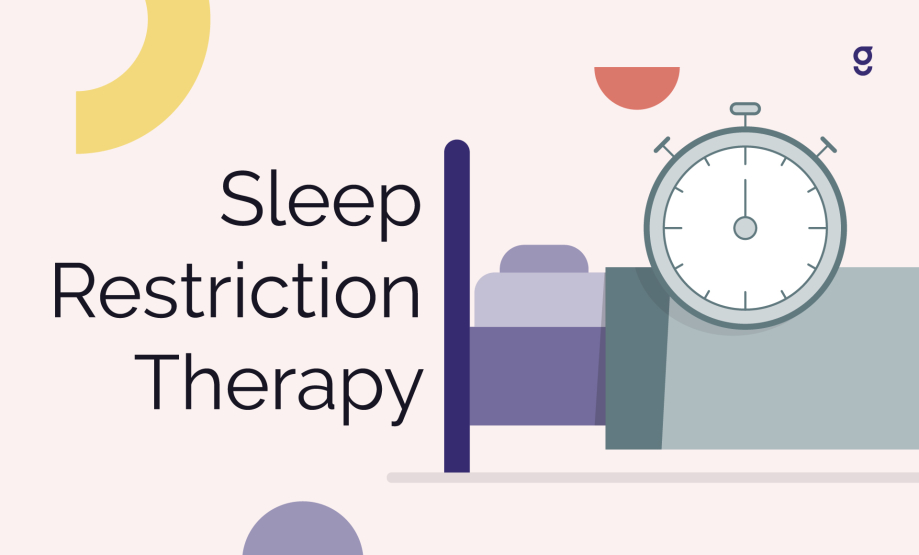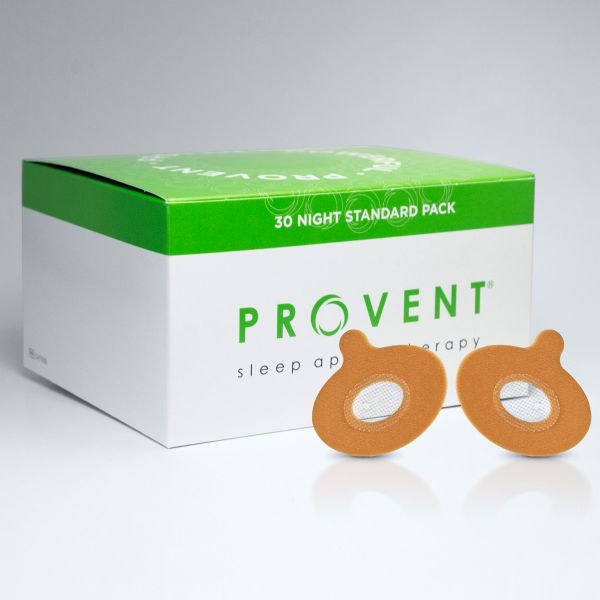Cutting-edge Insomnia Solutions - Discover What Functions for You
Cutting-edge Insomnia Solutions - Discover What Functions for You
Blog Article
Effective Treatment Solutions for Handling Sleep Disorders and Enhancing Relaxed Sleep
In the world of healthcare, the administration of sleep disorders and the mission for relaxed rest are essential components of overall health. Effective therapy remedies offer a diverse method to deal with these obstacles, ranging from cognitive behavioral interventions to all natural methods that promote relaxation and mindfulness. The exploration of different strategies, including the assimilation of drug and light therapy, opens up a world of opportunities in the quest of much better sleep quality. As we navigate the complex landscape of rest problems and look for to enhance our rest experience, a much deeper understanding of these therapy remedies may hold the key to unlocking a more refreshing and fulfilling restorative journey.
Cognitive Behavior Modification for Sleeplessness (CBT-I)
Cognitive Behavior Treatment for Sleep Problems (CBT-I) is an organized, evidence-based therapy strategy that focuses on resolving the hidden elements adding to rest disturbances. This sort of treatment intends to change actions and ideas that intensify sleeping disorders, inevitably promoting healthy and balanced rest patterns. CBT-I generally involves several crucial parts, including cognitive treatment, sleep limitation, stimulation control, and sleep hygiene education and learning.
Cognitive therapy assists people identify and alter adverse idea patterns and beliefs concerning sleep that may be preventing their ability to fall or stay asleep. Rest restriction includes limiting the quantity of time spent in bed to match the person's real sleep period, consequently raising sleep effectiveness (sleep deprivation help). Stimulation control methods help establish a strong association between the bed and sleep by motivating individuals to visit bed just when drowsy and to avoid participating in stimulating tasks in bed
Additionally, sleep health education and learning concentrates on creating healthy sleep routines, such as keeping a consistent rest routine, producing a relaxing going to bed regimen, and optimizing the sleep setting. By addressing these factors adequately, CBT-I offers a reliable non-pharmacological treatment for taking care of sleep problems and boosting overall sleep high quality.
Sleep Health Practices
Having established the foundation of cognitive restructuring and behavioral modifications in addressing sleep problems with Cognitive Behavior modification for Sleeping Disorders (CBT-I), the emphasis currently shifts in the direction of checking out important Rest Health Practices for maintaining ideal sleep quality and general health.
Rest health practices include a range of routines and ecological factors that can substantially affect one's capability to drop off to sleep and stay asleep throughout the evening. Constant rest and wake times, creating a relaxing bedtime routine, and maximizing the sleep atmosphere by keeping it dark, silent, and cool are important parts of excellent sleep hygiene. Limiting exposure to screens prior to going to bed, staying clear of energizers like caffeine near going to bed, and taking part in normal exercise throughout the day can likewise promote much better sleep quality.
Moreover, exercising leisure strategies such as deep breathing workouts or reflection before bed can help calm the mind and prepare the body for sleep. By including these sleep health techniques into one's everyday regimen, people can establish a healthy and balanced sleep pattern that supports relaxing sleep and total wellness.
Leisure Methods and Mindfulness
Carrying out relaxation techniques and mindfulness techniques can play an essential function in fostering a feeling of calmness and promoting high quality sleep. In addition, directed imagery can help this hyperlink deliver individuals to a tranquil place in their minds, aiding in stress decrease and boosting sleep top quality.
By integrating these practices right into a going to bed routine, individuals can signal to their bodies that it is time to prepare and unwind for sleep. Generally, incorporating other leisure strategies and mindfulness techniques can dramatically add to taking care of sleep disorders and enhancing general rest high quality.

Medicine Options for Rest Disorders
After checking out leisure methods and mindfulness practices as non-pharmacological treatments for boosting sleep top quality, it is vital to think about medicine alternatives for people with rest disorders. In situations where way of living adjustments and treatment do not supply adequate relief, medicine can be a beneficial tool in handling sleep disturbances.
Generally prescribed medicines for sleep conditions include benzodiazepines, non-benzodiazepine hypnotics, antidepressants, and melatonin receptor agonists. Benzodiazepines, such as diazepam, are sedatives that can assist cause rest, however they are commonly recommended for short-term use because of the danger of dependancy. Non-benzodiazepine hypnotics like zolpidem are also utilized to deal with sleeping disorders and have a reduced risk of dependence contrasted to benzodiazepines. Antidepressants, such as trazodone, can be helpful for individuals with co-occurring clinical depression and rest disruptions. Melatonin receptor agonists, like ramelteon, target the body's all-natural sleep-wake cycle and can be helpful for regulating sleep patterns.
It is essential for individuals to speak with a doctor to establish one of the most appropriate medication option based on their particular sleep disorder and case history.
Light Treatment for Circadian Rhythm Policy
Light treatment, additionally understood as phototherapy, is a non-invasive therapy method utilized to regulate circadian rhythms and enhance sleep-wake cycles. This treatment entails exposure to bright light that resembles natural sunshine, which helps to reset the body's inner clock. By exposing individuals to certain wavelengths of light, typically in the early morning or evening relying on the desired result, light therapy can effectively change the body clock to promote wakefulness throughout the day and enhance relaxing sleep at night.
Research study has actually revealed that light therapy can be particularly advantageous for people with circadian rhythm disorders, such as postponed rest stage syndrome or jet lag. It can additionally be practical for those experiencing seasonal affective condition (SAD), a sort of clinical depression that commonly takes place during the winter season when natural light direct exposure is reduced. Light treatment is normally well-tolerated and can be used along with various other therapy methods for sleep conditions to maximize outcomes and improve general rest high quality.
Conclusion
In final thought, efficient treatment services for handling sleep problems and enhancing restful sleep include Cognitive Behavior modification for Sleep Problems (CBT-I), sleep health methods, relaxation methods and mindfulness, drug options, and light treatment for body clock policy. These approaches can help people boost their sleep top quality and overall health. It click here to find out more is essential to seek advice from with a doctor to figure out the most suitable approach for dealing with sleep issues.
As we navigate the intricate landscape of sleep disorders and seek to enhance our sleep experience, a deeper understanding of these therapy services might hold the secret to unlocking an extra refreshing and fulfilling corrective trip.
Rest constraint involves limiting the quantity of time invested in bed to match the person's actual rest period, consequently enhancing sleep performance. Regular rest and wake times, producing a relaxing bedtime regimen, and maximizing the sleep setting by keeping it dark, quiet, and cool are vital parts of good rest hygiene. Light treatment is normally well-tolerated and can be used in combination with other therapy approaches for rest problems to enhance results and enhance general sleep quality.

Report this page